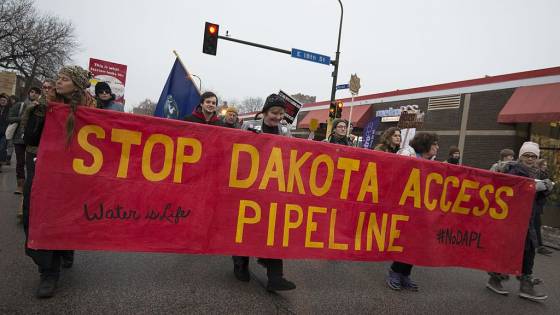Alex Cook (AC): Okay, an easy ‘starter for 10’, what do you see as being the biggest risks to the way companies do business in 2018? Is it a case of more of the same from 2017, or are there new threats coming down the track?
Robert Blood (RB): The Paradise Papers have demonstrated yet again that ‘involuntary transparency’ continues to take companies by surprise, although it should no longer be any surprise: internet-connected data is wide open to theft and leakage in the way old-fashioned paper files never were. We are also seeing civil society encroaching on the traditional role of mainstream media in making the news. Foundations are funding investigative journalism non-profits, campaigning groups are hiring senior reporters to find and sell news that supports their goals. Mainstream media with ever declining budgets seem more than happy to partner up with such outfits. The result will be more intensive, more critical and more professional scrutiny of corporations than ever before – with a high risk of nasty surprises for the unwary.
Jonathan Jordan (JJ): All businesses have to recognise the digital disruption that is occurring in their ecosystems, and actively engage stakeholders to address concerns and provide long term, as opposed to short term solutions. This require effort and collaboration, but more than ever, win-win strategies have to be developed to achieve sustainable outcomes.
AC: And that point, Jonathan, leads me onto my next question - How do you see businesses’ responses evolving to these challenges?
JJ: Innovation and disruption becoming so high on the agenda will accelerate the gaps between perception and reality. I think the leaders in each industry need to become more proactive in identifying the changes that are occurring and share data and evidence, as well as providing examples of what they are doing and secure endorsement from collaborators and influencers.
RB: Management needs to understand the environmental and social vulnerabilities in their organisations and supply chains - they should not be finding out these things from an NGO press release. They also need to be open and honest about what needs fixing, and work transparently to tackle problems, ideally in partnership with credible third parties. Business is both being held to account and being asked to solve the big societal problems, in part because governments are no longer trusted to act. Rather than resist, smart firms will take advantage of such pressures to transform their operations, cement their brands with stakeholders, and lift the reputation of their businesses.
AC: And Robert, with SIGWATCH focusing on how corporates interact with NGO groups particularly, I wanted to ask what are the biggest potential flashpoints in your field, which could spark activist backlash in 2018?
RB: Although it will surely take longer than a year, the most intriguing ‘flashpoint’ for me is the emergence of new global consumer brands from China and India and maybe Brazil. NGOs will surely challenge them on their environmental and social performance, as they have long done with their Western competitors (Will Western brands demand equal treatment if the new brands are not challenged?) It will be interesting to see if this produces a transformative effect in their domestic markets where NGO pressures are currently far less if not minimal compared to Europe or the USA.
AC: And Jonathan, a quick word to finish - How do you see the communications industry evolving in 2018?
JJ: There is a trust deficit and this can only be bridged by communicating the responsible initiatives that are being taken and having third parties endorse these actions.
AC: Gentlemen, thank you very much for your time!
This Q&A session was originally published in Sermelo's The Conversation newsletter in December, 2017.
Alex Cook
Alex joined Sermelo in March 2017, having previously worked at the Chatham House. Chatham House engages governments, the private sector, civil society and its members in open debate and confidential discussion on the most significant developments in international affairs. While working there, he gained valuable relationship building skills and developed a nuanced understanding of the needs of corporate clients in guarding against political risk, which feeds directly into his current work in public affairs with Sermelo. Alex graduated from King’s College London with a BA in Classics in 2014. Alex enjoys football (watching and playing), volleyball, reading, theatre and politics.









Comments